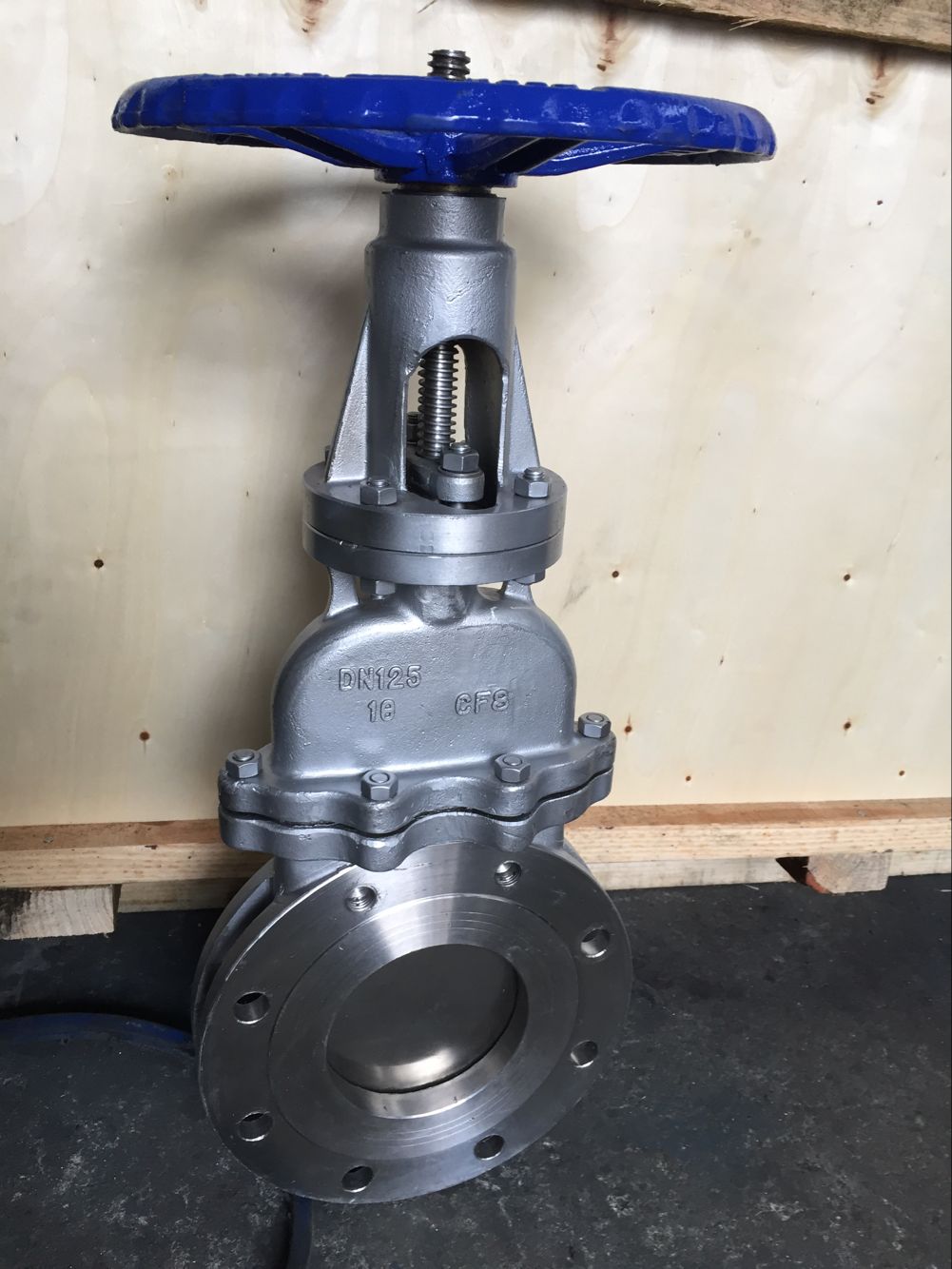Exploring the Versatility and Applications of Custom Flanges in Various Industries
Understanding Custom Flanges A Comprehensive Overview
In the world of industrial manufacturing and piping systems, flanges play an essential role. They are mechanical components that connect various parts of a system, such as pipes, valves, pumps, and other equipment. While standard flanges are widely used, the demand for custom flanges has grown significantly in recent years. Custom flanges are tailored to meet specific requirements, making them an invaluable asset in various industries.
What Are Custom Flanges?
Custom flanges are specially designed to accommodate unique specifications that standard flanges cannot fulfill. They can vary in size, shape, material, and design features, offering flexibility to meet the demands of different applications. Custom flanges are particularly beneficial in scenarios where standard flanges may not provide the necessary strength, corrosion resistance, or compatibility with existing systems.
Applications of Custom Flanges
Custom flanges are employed in a wide array of industries, including
1. Oil and Gas In the oil and gas industry, custom flanges are crucial for systems that operate under high pressure and temperature. Flanges designed specifically for these conditions ensure safety and reliability in transporting oil and gas.
2. Chemical Processing Custom flanges made from materials resistant to various chemicals are essential in chemical processing plants. They help to prevent leaks and ensure the safe transport of corrosive substances.
3. Water Treatment In water treatment facilities, custom flanges are necessary for connecting various components of the system. They ensure that the infrastructure can handle water pressure and prevent contamination.
4. Aerospace The aerospace industry demands high-performance materials and precise specifications. Custom flanges used in aircraft and spacecraft are designed to withstand extreme conditions and maintain structural integrity.
Benefits of Custom Flanges
1. Tailored Solutions Every industry and application has its unique requirements. Custom flanges provide solutions tailored specifically to meet these needs, ensuring optimal performance.
custom flange

2. Enhanced Durability By choosing materials and designs that are specific to the application, custom flanges often offer improved durability and resistance to environmental factors, such as temperature fluctuations and chemical exposure.
3. Improved Safety In high-stakes industries such as oil and gas, the safety of operations is paramount. Custom flanges can enhance safety by reducing the risk of leaks or failures that could lead to catastrophic accidents.
4. Cost Effectiveness While custom flanges may have a higher upfront cost compared to standard flanges, they can save money in the long run by minimizing maintenance and downtime, and extending the lifespan of the entire system.
Manufacturing Custom Flanges
The manufacturing process of custom flanges typically involves a few key steps
1. Design Engineers will work closely with clients to understand their specific needs and create detailed designs. This may include CAD drawings and model simulations.
2. Material Selection The right material is crucial for the intended application. Common materials for flanges include stainless steel, carbon steel, alloys, and other specially engineered materials.
3. Production Once the design is finalized and materials selected, custom flanges are produced using various techniques, such as forging, welding, or machining.
4. Quality Control After manufacturing, custom flanges undergo rigorous testing and inspection to ensure they meet the highest standards of quality and performance.
Conclusion
Custom flanges are a vital component for a wide range of industries, providing tailored solutions that enhance performance, safety, and durability. As technology advances and industries evolve, the need for custom components continues to grow. Investing in high-quality custom flanges not only ensures compliance with industry standards but also contributes significantly to the efficiency and reliability of systems, making them an essential element in modern manufacturing and engineering.
-
The Key to Fluid Control: Exploring the Advantages of Ball Valves in Industrial SystemsNewsJul.09,2025
-
The Versatile World of 1, 2, and 3 Piece Ball ValvesNewsJul.09,2025
-
Stainless Steel Ball Valves: The Ideal Choice for Efficient Flow ControlNewsJul.09,2025
-
Optimizing Fluid Control with Ball Float ValvesNewsJul.09,2025
-
Manual Gate Valves: Essential for Control and EfficiencyNewsJul.09,2025
-
Everything You Need to Know About Butterfly ValvesNewsJul.09,2025
-
The Versatility of Wafer Type Butterfly ValvesNewsJul.08,2025




